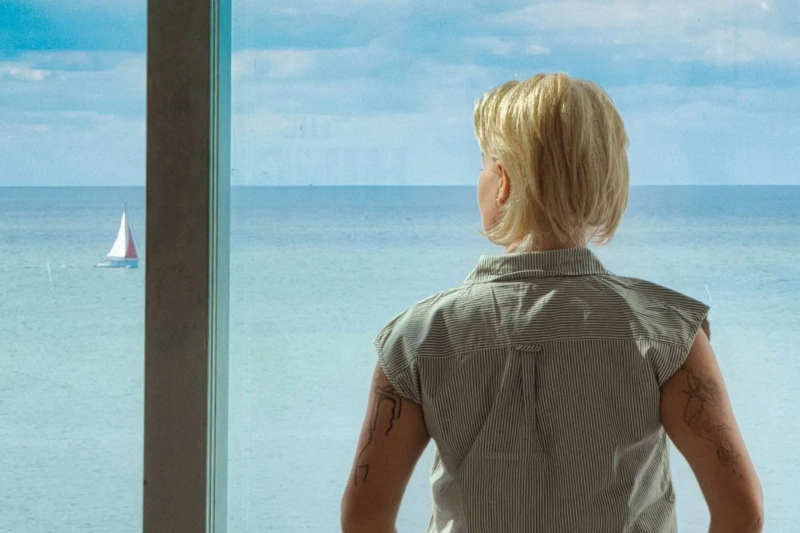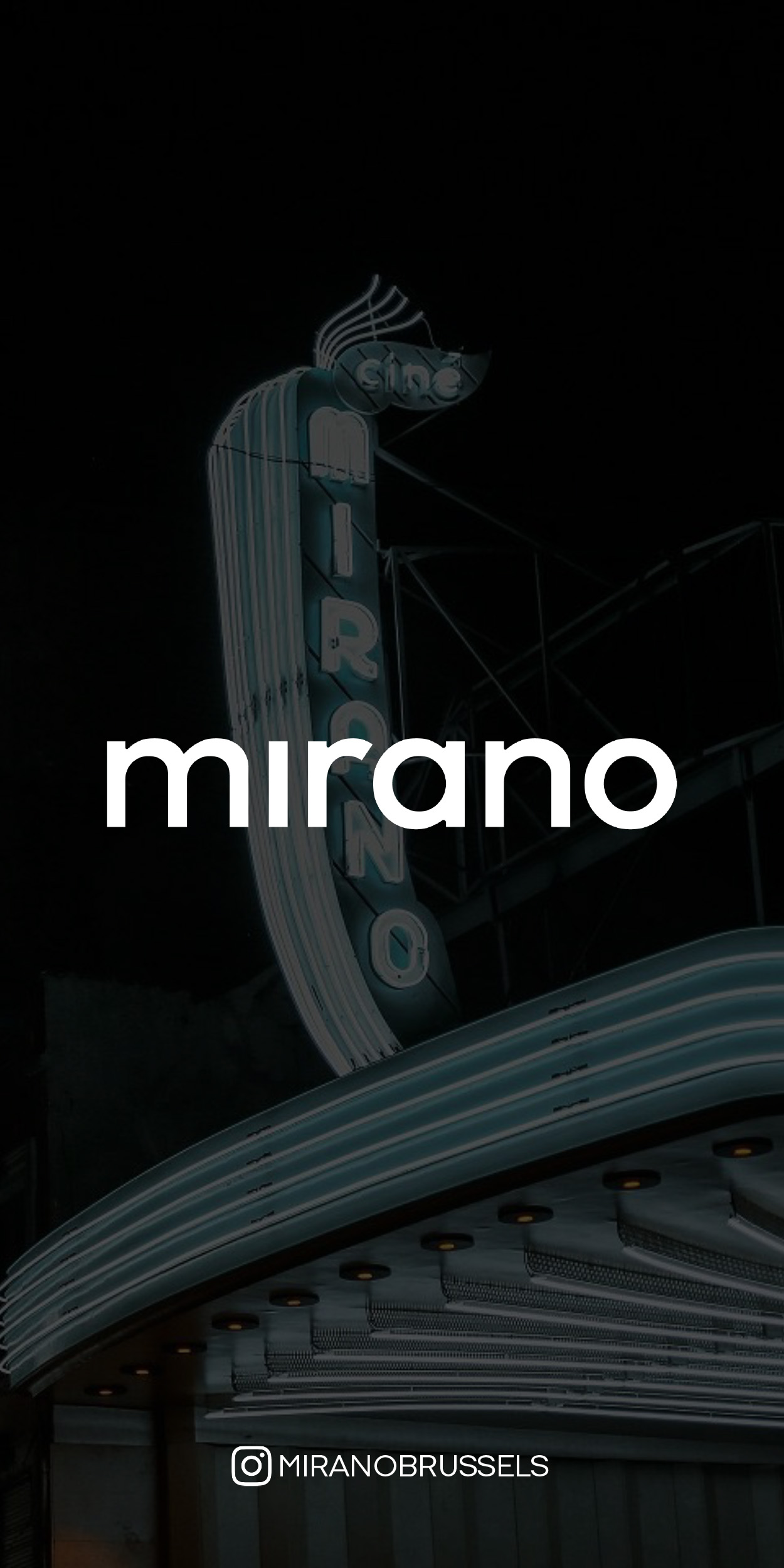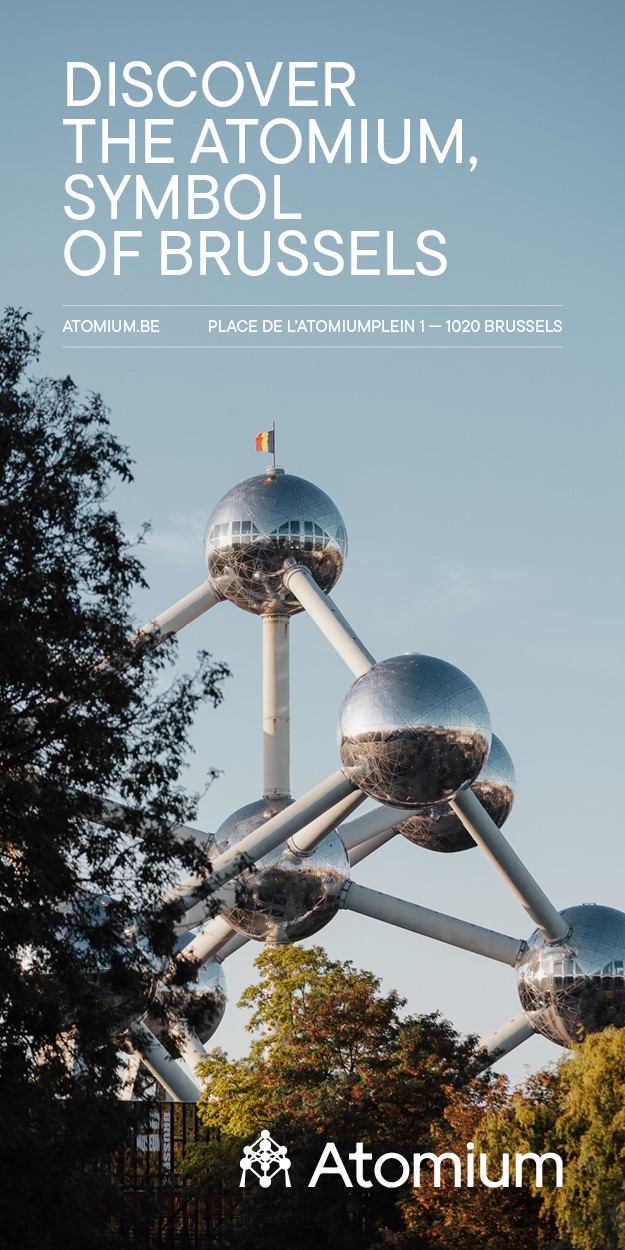Culture Watch: A queer production of Sea Wall showcased at Margate Pride

The first queer production of the play Sea Wall will premiere at the Turner Contemporary in collaboration with Margate Pride this August.
Written by Simon Stephens – the writer of The Curious Incident of the Dog in the Night-Time – Sea Wall is being brought to life by a female-led creative team for one performance only.
« Of all my plays, Sea Wall is closest to my heart and to my life… » says Simon Stephens. « This is a production that treats my play with real care and love. It means a great deal to see it given life in such a stunning environment. »
Set against Britain’s beloved coastline, Sea Wall is a story of grief, faith, hope and queer love. Audiences will be able to experience this deeply moving monologue as the sun sets on Margate Pride and Alex’s story begins.
Performed by Laura Wyatt O’Keeffe and directed by Sophie Drake, Sea Wall tells the story of Alex – devoted wife to Helen and Mum to Lucy – as she navigates life after a devastating loss.
I caught up with Laura Wyatt O’Keeffe for a behind-the-scenes look at the production.
How daunting is it to know that Simon Stephens wrote Sea Wall for Andrew Scott, and you’re now tasked with finding a way to make that character’s voice feel authentically your own?
Andrew Scott is an absolutely extraordinary actor – so alive, so in the moment.
The similarity between us is that we are both Irish and storytelling is in our bones. Irish people go down to the shop for milk and come back with a ten minute story about the fella with the ferret who’s starting his own circus.
Sea Wall is pure storytelling and our production celebrates that. The only set is the sunset, the only light is sunlight, the other character is the audience themselves and the character Alex just begins – begins telling her story. The honesty of that is breathtaking.
Making the character’s voice authentically my own has been really simple yet profound. We’ve made Alex female and in doing so she becomes queer. When I suggested the text to the director, Sophie Drake, we had a hunch it might work in the female voice and it just does. Without any edits or rewrites.
It’s a testament to the strength of the writing. Gender-swapping the role has honoured yet transformed the work. It’s honoured the universality of the work – the themes of love and loss – yet translated it into a story that we rarely hear, the story of a queer couple with a life together and a child.
Is a monologue performance something that you’ve tackled before?
I’ve written, performed and toured my show Arrival throughout the UK and Ireland so I have a sense of what it is to be the only person or body on stage. But even when it’s a monologue, you are never alone.
The audience are very much there with you – they are the other character who you are looking in the eye and telling the story to.
Particularly with work like Sea Wall, you need to invite the audience in – it needs to be a dialogue, a connection. It’s less about control and more about relinquishing because you and the audience are making something together, exchanging something in the moment.
Of course, there is also the whole creative team. Their work accompanies you on stage – each gesture moves with their emotion – and the playwright’s words guide me in every moment.
For me, it’s that collaboration that makes me brave. It’s never just me.
Sea Wall is a relatively short piece of theatre, but it seems like a lot of work to perfect a monologue like this for a single performance? Is there life for this production beyond Margate Pride?
There is the live performance of Sea Wall on the 10th of August, but there’s also a free online discussion on the 8th with the director, Sophie and queer theory researcher, Nic Farr and I.
There’s also a digital photography series that’s been created with the photographer Danilo Cesco and designer Emily Harwood. We wanted to make sure that this project was explored in a variety of ways so that we could widen access to the work.
Our production of Sea Wall celebrates the ‘liveness’ of theatre but also the liveness of life. In the digital, age we replay things – we rewatch them without watching them at all. We lose moments while we are still in them. Performing Sea Wall at the edge of the land, at the edge of the day is bold and audacious and honours the power of this story. Playing it at sunset, in such a live public space for one night allows it to unfold in front of the audience. We don’t know what it’s going to look like or sound like or feel like.
Also, our Sea Wall is so much more than one performance. Queering work like Sea Wall, work that is internationally renowned, is more that the production, it’s the gesture, it’s taking up space, it’s making space for queer stories, for queer art and therefore for queer communities.
Yes, it makes this particular performance a once in a life time moment but the legacy of it, that will remain and encourage more queer art presented in alternative spaces.
I would love to see our production reach more audiences. This production started as a Zoom conversation in lockdown and now it will play the Turner Contemporary for Margate Pride. There have been lots of ‘yes’s to make this happen so who knows, perhaps we will find another perfect place, another perfect moment for our Seawall.
What do you hope that people feel when watching your performance of Sea Wall?
Hope! After the last two years, now more than ever we need hope. That our audience feels seen and heard. That they feel like this story is theirs.
I hope people feel the power of and are empowered by our Sea Wall. We don’t see enough queer stories, especially stories that celebrate queer joy and queer love. And we don’t get to see them at this scale, performed in an internationally renowned venue, made by a multi award-nominated team, programmed by a national arts festival and all tickets are free. I hope it encourages more queer work made at this scale and more queer audience to enjoy it!






